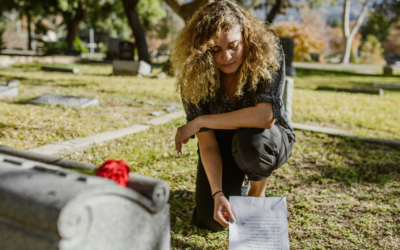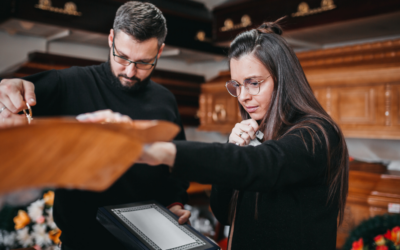A career in funeral services is not right for everyone. But, if you really want to be of service to people during some of their most trying times, and you want a career where you can make a profound difference, a mortuary science education might be the best investment you could make in yourself. Mortuary science degrees do not only teach you about working with the deceased. That is part of the process, but you will also learn a wealth of information on running a business and offering the kind of support that family members need.
Many people who study mortuary science go on to become funeral directors. This is a highly rewarding job for many who enjoy being able to work closely with people to honor their last wishes, provide grief services, and plan life celebrations. But there are also other career paths available with this degree. Depending on whether you obtain an associate degree or bachelor’s, you might consider a career as an embalmer, a medical center specialist who prepares bodies that are donated to science, or in the sales end of the industry. There are several different career paths that you can choose.
Five Reasons to study mortuary science.
There are many reasons to choose a career in the mortuary sciences. For many students and professionals, these are some of the most attractive benefits.
- A passion for science. Mortuary science provides a well-rounded education in microbiology, human biology, and embalming, to name a few topics covered in the coursework and throughout your career. Many funeral service professionals consider restorative work an art in itself. This is a career that allows you to learn vast skills and take great pride in your work.
- A drive to make a difference in people’s lives. The loss of a loved one can be the most profoundly difficult point in many peoples’ lives. Those who choose mortuary sciences as a career often say that it is rewarding to be of service to families during these vulnerable times. Many also believe it’s a high calling to have the responsibility of honoring the deceased in the way they wanted or would have appreciated.
- A great opportunity to work with business management. A mortuary science degree also includes business management and administrative courses and many funeral directors find this to be an exciting part of their career.
- Mortuary Science careers pay well. Every state is different, but the median income for funeral home managers is $76,000 per year. In some states, it can be as high as $134,000. The average funeral service worker who is not a director or home manager still earns over $54,000 per year. For those who own their own funeral home, the yearly income can be much higher.
- There are many career options available to you. A lot of professionals start out as funeral service workers to see if they like the industry. Then they continue their education to reach higher career levels. There are also many options. Some people treat working with the deceased as an artform and specialize in restorative work. Others prefer to work with families to plan celebrations of life or work in some other aspect of the industry. You can choose the path that is most fulfilling and matches your interests.
Consider enrolling in a mortuary science program.
Pierce Colleges of Funeral Services has locations in Georgia, Indiana, and Texas. Each of our programs is created to help our students fully master the mortuary science curriculum and find their best path toward the career of their dreams. The campuses all cater to the students’ schedules. Many students finish their degrees while working full-time jobs and raising families. Each of our programs offers online learning options, as well.
Have you considered a career in the mortuary sciences? Contact us today and discuss the best programs for you.




